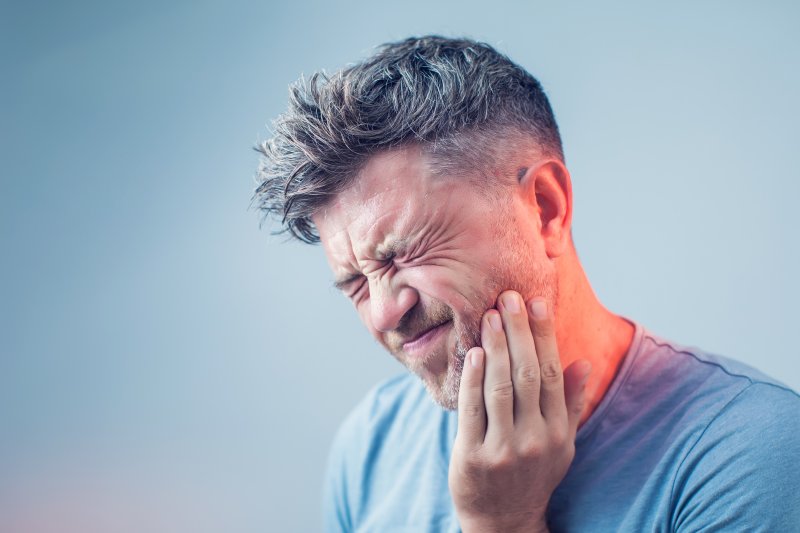
People have their teeth extracted for many reasons. A tooth can be removed because of injury, advanced decay, or the mouth not having enough room for it. After a tooth is removed, a blood clot will form over the removal site to protect the tissue and help it heal. This blood clot should remain in place until the healing process is complete and the mouth is functioning normally again. If this clot becomes dislodged, you will experience a painful condition called dry socket, or alveolar osteitis, which can delay the healing process. Here are a few ways to prevent that from happening.
Skip the Straws
Many people enjoy drinking a beverage through a straw, and using one can even have dental health benefits by minimizing the amount of sugary liquid making contact with the teeth. However, drinking through a straw while recovering from a tooth extraction can cause dry socket because the sucking motion can dislodge the blood clot. You’re better off not using straws for one week after a tooth extraction.
Drop the Smoking Habit
Smoking or using tobacco is one of the worst things you can do when your gums are healing after a tooth extraction. One study found that twelve percent of people who smoked after a tooth extraction experienced dry socket, whereas only four percent of nonsmokers developed the condition. While the sucking motion that comes with inhaling can dislodge the blood clot, the smoke causes the gums to harden and blood vessels to constrict, hindering the healing process. This can also increase the chance of developing an infection.
Stick to Soft Foods
Crunchy, chewy, sticky foods or anything that requires significant effort to chew can be harsh on your wounded gums and the blood clot protecting them. After tooth extraction, you’ll want to stick to soft foods that can be easily chewed like mashed potatoes, applesauce, and yogurt. Crunchy foods like nuts, seeds, and chips can get stuck in your socket, where they can cause pain and irritation.
Stay with Excellent Oral Hygiene
Keeping your mouth clean is one of the best things you can do for your gums when they are healing after a tooth extraction. Proper oral hygiene will keep the populations of germs that can infect and break down the blood clot at manageable levels. Consulting with your dentist can provide you with some excellent tips for cleaning your mouth after surgery and have you on the quickest possible path to recovery.
About the Practice
Dr. Arash Vahid earned his Doctor of Dental Surgery from the University of Michigan Ann Arbor before completing an Advanced Education in General Dentistry residency through the NYU College of Dentistry. To keep his skills sharp, he proudly serves as a member of the American Dental Association, the New Jersey Dental Association, and the Academy of General Dentistry. His office in Jersey City, NJ provides general, restorative, and emergency dentistry in addition to tooth extractions. For more information on tooth extraction aftercare, contact the office online or dial (201) 484-7759.


